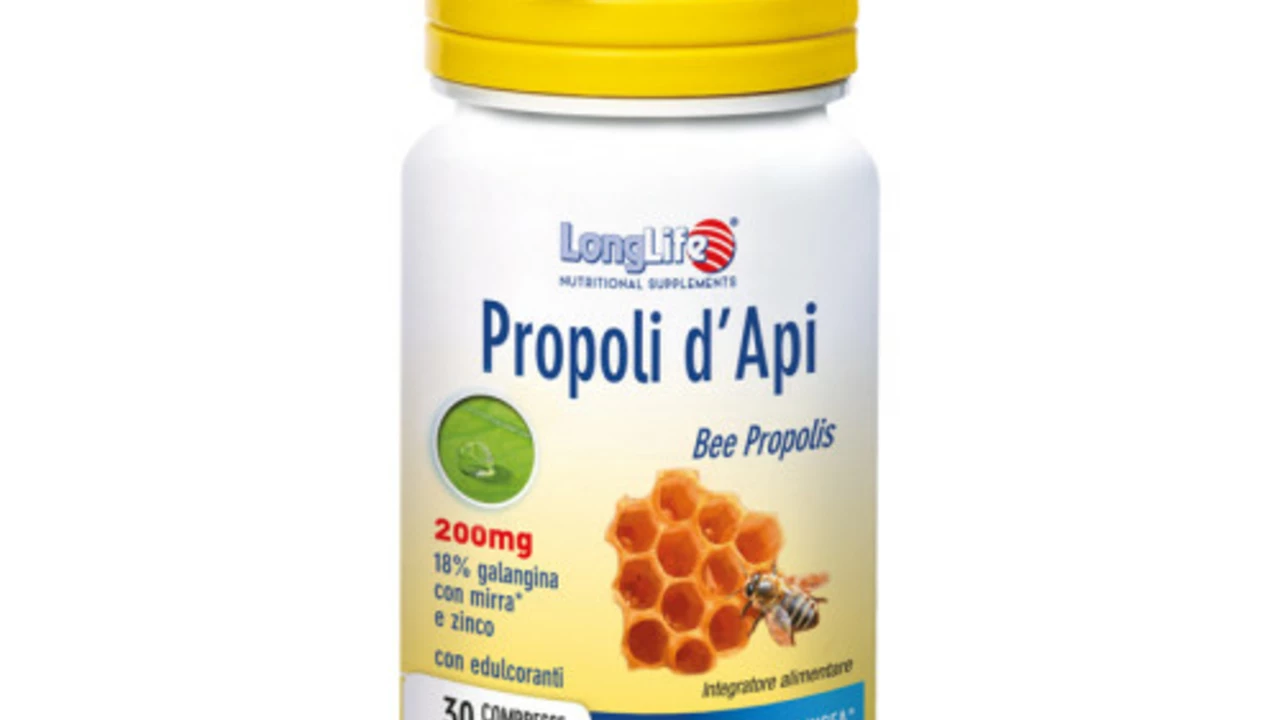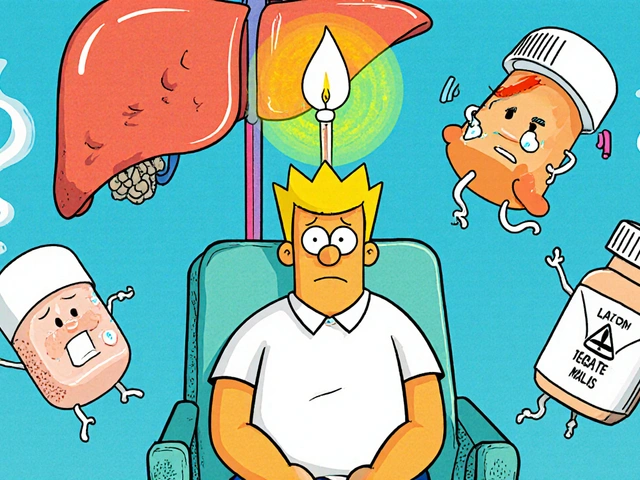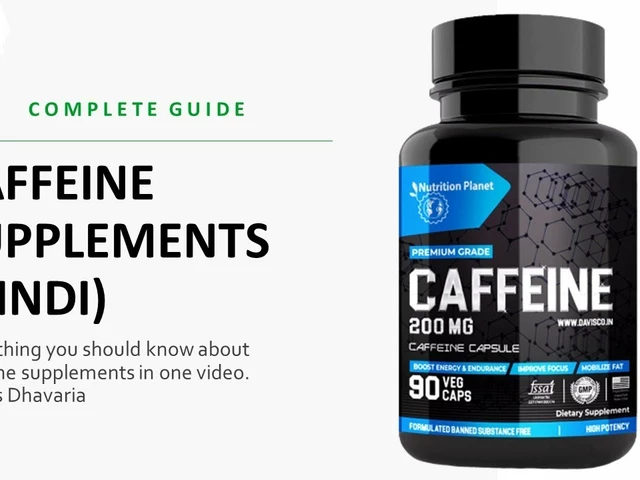Natural Boost: Safe, Simple Ways to Lift Energy and Mood
Feeling flat, low on energy, or stuck in a fog? You don't always need a prescription to feel better. Small, practical changes to sleep, food, movement, and a few safe supplements can give you a natural boost that lasts. Below are simple steps you can try today and short explanations of why they work.
Food, sleep, and movement: basics that actually help
Start with sleep: aim for consistent bed and wake times and reduce screens an hour before bed. Poor sleep drains energy and mood faster than most people realize. Next, fix the basics of your diet. Add a protein-rich breakfast (eggs, yogurt, or a shake) to steady blood sugar, and include omega-3 sources like salmon, walnuts, or a fish oil supplement if you don’t eat fish. Vitamin D from sunlight or a daily low-dose supplement can lift mood, especially in winter.
Move in short bursts. A 10–20 minute walk or a quick bodyweight circuit raises alertness, improves circulation, and helps sleep later. If you work at a desk, stand and stretch every 45–60 minutes. Drink water regularly — mild dehydration cuts focus and energy.
Supplements, herbs, and safety first
Some supplements can help, but they need care. St. John’s wort can improve mild depression for some people, but it interacts with many drugs. Our article about herbal interactions with imipramine explains how St. John’s wort, valerian, and kava can change medication effects — check that before trying any herb. We also cover Stavesacre as an emerging supplement with interesting claims; read the full post if you’re curious.
Other options to consider: omega-3s for mood support, magnesium for sleep, probiotics for gut-brain balance, and adaptogens like ashwagandha for stress. Keep doses modest and buy from reputable brands. If you take prescription meds — antidepressants, blood pressure drugs, or acne meds like isotretinoin — talk to your healthcare provider before adding supplements. Some meds change how supplements work, and some herbs change drug levels.
Non-supplement routes matter too. Yoga and meditation can reduce anxiety and improve mood; our article on yoga and depression lists simple routines you can start. If you’re worried about fatigue or sudden mood shifts, see a clinician — energy drops can signal anemia, thyroid issues, or other treatable conditions.
Small habits can compound. Try a caffeine cutoff by 2 p.m. to protect sleep, use bright light or a 10-minute sunlight exposure first thing to reset your clock, and schedule social time — even short walks with a friend boost motivation. If stress keeps you stuck, try 5 minutes of paced breathing twice daily to calm the nervous system.
Try a 2-week trial: sleep regular, add protein and omega-3s, move daily, and test one low-risk supplement with your doctor's OK. Track energy and mood in a notebook; small wins add up. For more reading, explore posts tagged "natural boost" on our site — you’ll find practical guides, safety notes, and real-world tips to help you choose what works.




